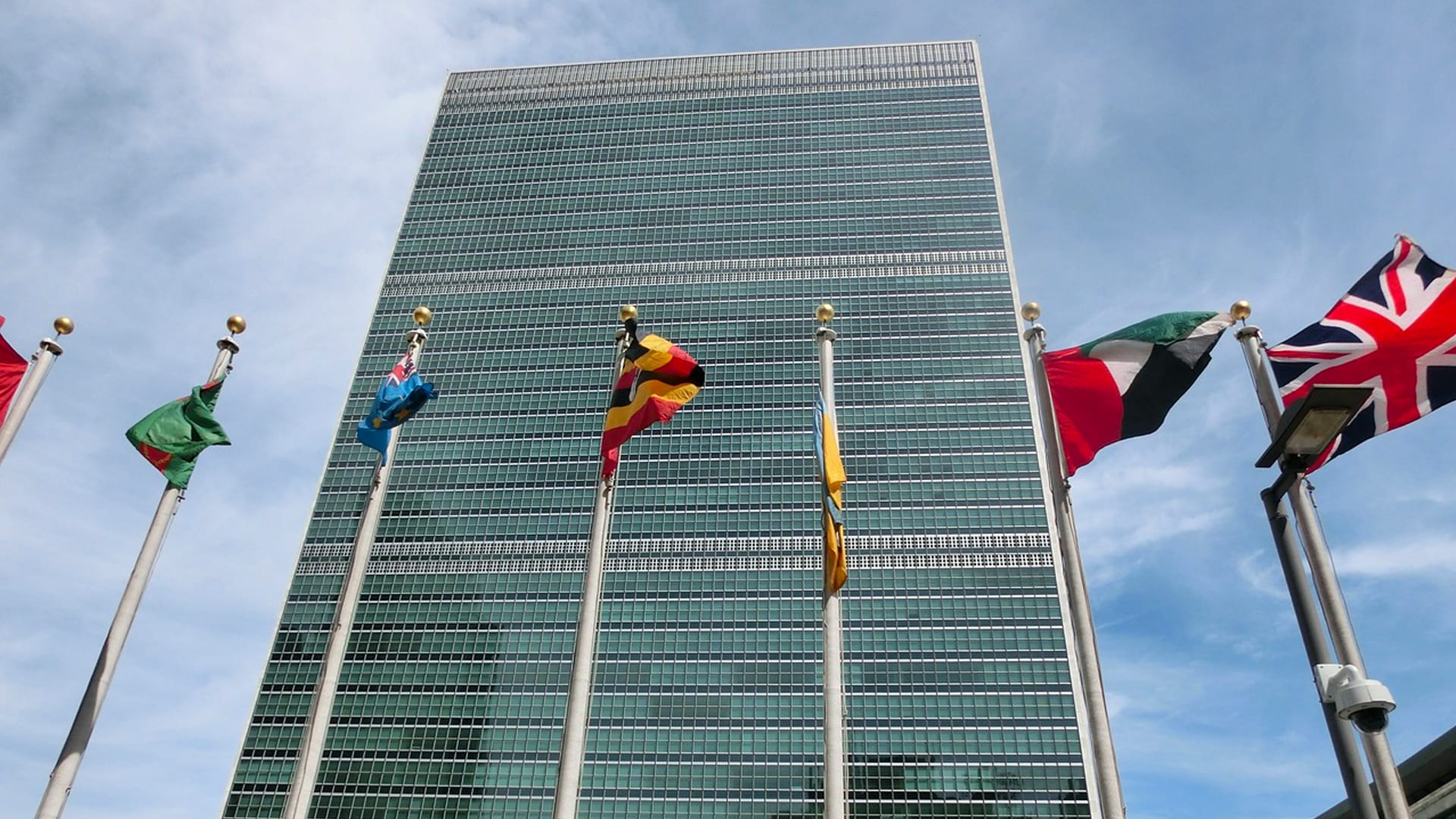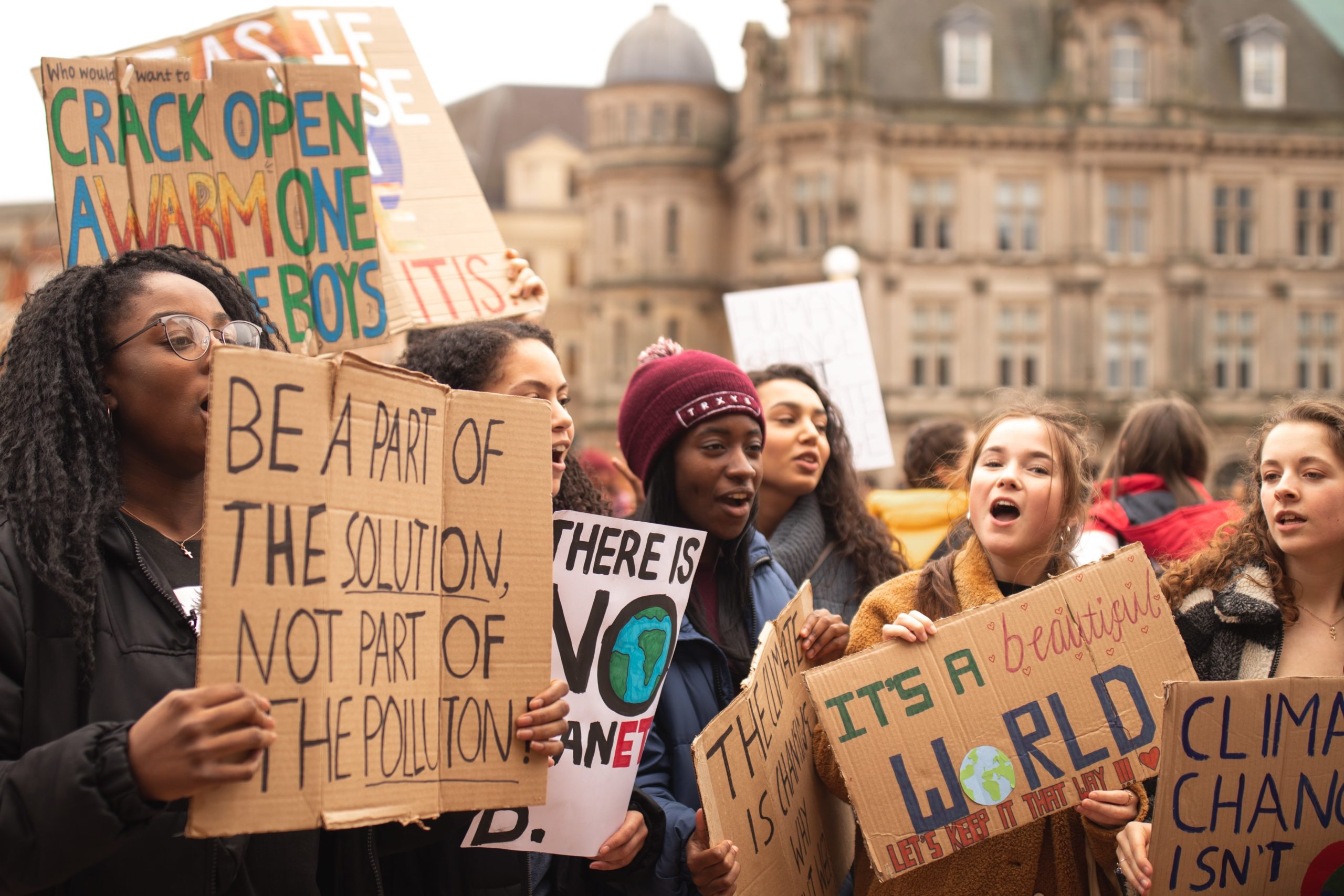As the global COVID-19 pandemic forces agenda-setting conferences to go virtual, this year’s United Nations General Assembly (UNGA) and Climate Week—beginning Sept. 18—offers a pivotal moment for companies and brands to assess the strength of their purpose strategy and their ability to meet the challenges of a global recovery.

Historically each fall, leaders in sustainability and economic development across governments, businesses and nonprofits converge in New York to host and attend events and discussions surrounding UNGA. These activations—apart from the UN’s official meetings for member states—include Climate Week and Global Goals Week, the latter of which champions the UN’s Sustainable Development Goals (SDGs). These events are traditionally used as a platform for businesses and nonprofit organizations to discuss their own social impact and sustainability agenda.
This year will look remarkably different as a predominantly virtual moment in time. And undoubtedly, nearly all conversations—whether officially or unofficially connected with UNGA—are pivoting to how the sustainable development community can deal with the global crisis and begin the long road to recovery. This includes the opportunity to rebuild systems and structures that are more resilient, equitable and sustainable.
How should purpose-minded companies and brands approach UNGA and Climate Week 2020? The following offers guidance for navigating a historically unprecedented moment:
- A First-Ever Virtual Event – While the General Assembly Hall won’t be entirely empty, world leaders will stay away from New York this year and will deliver speeches via video. Side events that usually engage the private sector and NGO partners will either be canceled or consolidated into virtual events. Virtual event fatigue is a real risk, and there is some concern that the digital divide around the world will leave some voices out of the discussion.
Recommendation: This virtual format offers greater opportunities for companies to engage stakeholders who would not otherwise be on the ground in New York. While differentiation and dynamic content are always needed to break through, they are even more crucial this year given the digital congestion. Companies can use these online events and their owned channels to educate and inspire consumers and employees—expanding access to information made available during the week and potentially collaborating virtually with other purpose leaders across industries.
- Listen and Observe – Faced with an economic recession as a result of the pandemic and racial injustices across the U.S., many companies are still in crisis mode and have been unable to focus on or adapt their purpose strategy. Others are still catching up to the reality that their purpose strategy is far from meeting consumers’ and employees’ expectations—with potentially real reputational liabilities. Thus, many companies and brands have yet to rethink or reactivate their proactive purpose communications plans.
Recommendation: Use this moment in time to carefully listen and learn. See how your legacy sustainability and social impact areas are being discussed to better understand how the pandemic is affecting the issues as well as the emerging solutions offered by NGOs, competitors or industry peers. Know your priorities. Do not expose yourself to unnecessary risk by inserting yourself into a conversation if your business is ill-equipped to help.
- An Opportunity to Lead – At the moment, there is a real need for strong and influential leaders to think creatively and collaboratively—not just in the public sector, but the private sector too. The pandemic is disrupting the status quo, and new leaders will emerge that can meet this moment—not just through business continuity but by transforming entire systems and structures for societal benefit. These could include developing new supply chains that reduce carbon footprint and generate economic activity for underserved communities, finding new markets and creative product offerings resulting from diversity and inclusion, or driving employment through career transition and training programs for emerging jobs.
Recommendation: Does this sound like it could be your company? Consider where you have opportunities to offer innovative solutions and assets, whether intellectual capital, supply chain, partnerships or philanthropic dollars. While many companies have responded to the pandemic with impactful solutions, think how your purpose strategy and communications can meet this extraordinary moment going forward. Last year’s plans may be irrelevant.
As we approach a busy, event-filled week, head to the Global Goals Week website for communications resources and a comprehensive calendar of activities taking place over the week, and be sure to check out the UNGA Guide to find and watch many of the events that will be streamed online. If you’d like to talk further about how to approach these events, we’re always happy to talk.




